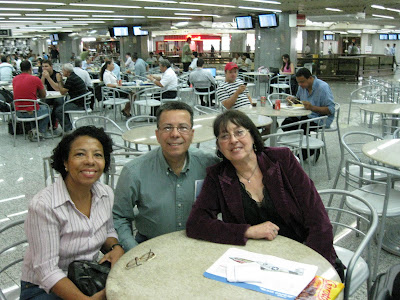Selah Reflection
One of my favorite books of the Bible is the book of Psalms. The Psalms are beautiful poetry of the human existence. With contribution from writers from multiple times and different walks of life, it presents themes of worship and praise, sorrow and dance, happiness and sadness, singing and lament, request and demand, exaltation and humility, depression and affirmation. One can find in the verses of a psalm the needed encouragement, comfort in time of trouble and rescue in impossible circumstances.
The Psalms are beautiful songs full of poetry and wisdom. Next time you read a psalm stop, pause, think of it and reflect in its transforming power. Have you read a Psalm today? Think about it!
Through a psalm King David raised his spirit from a deep depression by urging his soul to put his hope in God and confessed his sin. He also encourages us to enter God’s gates with singing and in his court with praise. He inspires us to praise God with all kind of instruments and commands all that has breathe to praise the Lord.
There is a word “Selah” founded randomly in different places in a psalm. No pattern or logic, it seems to appear unsystematically as it pleases. Its derivation is unknown and may be a musical notation or a pause at the end of a phrase. It is meant to provide the reader, or the singer, as a psalm is a song, an opportunity to pause and reflect in the words or meaning of what was said.
The aim of Selah is to force the reader or listener to pause, pounder and think of it. It is not a surprise to know that back in the time when the Psalms were being written, like today, people need to be reminded to pause and reflect on what is being said.
Selah should not be mistaken by a mere contemplative state that requires no action in the part of the listener. It includes contemplation, but it is an active reflection in, the line with Paulo Freire’s Praxis, reflection and action upon the world in order to transform it.


Comments